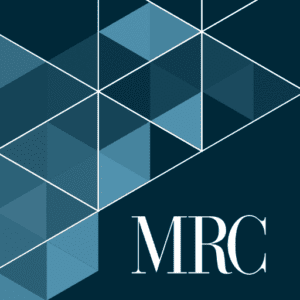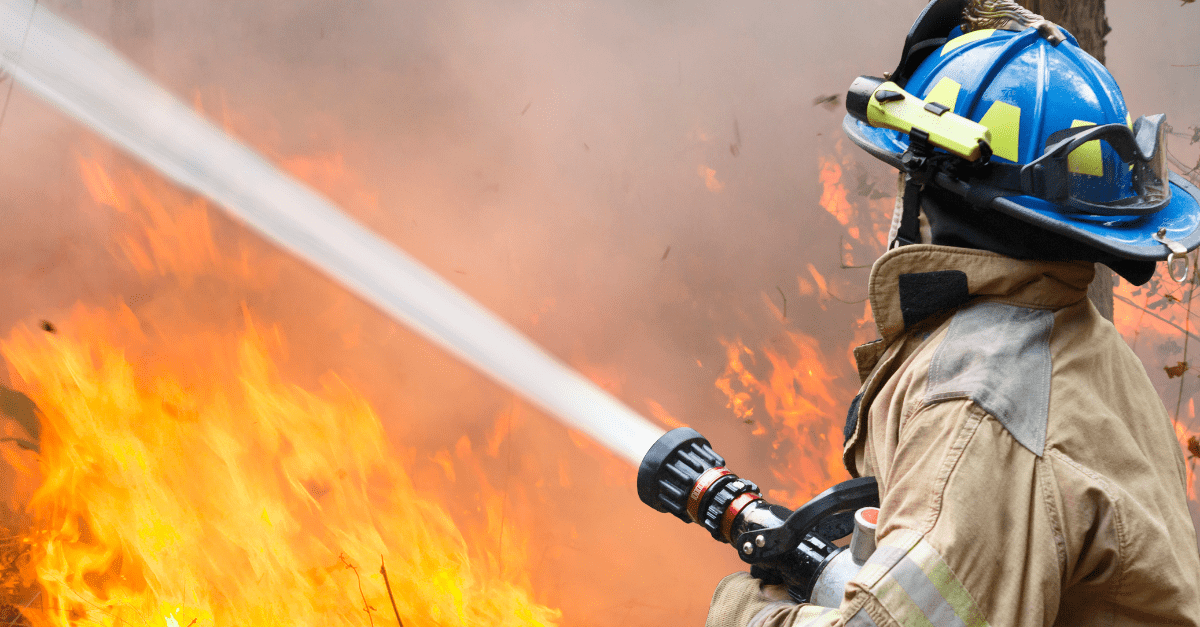Introduction to Wildfire Litigation
 The increasing frequency and intensity of wildfires have brought significant challenges, not only to those directly affected by these disasters but also to the legal and insurance industries. With billions of dollars in damages each year, wildfire litigation has become a critical area of concern, focusing on issues of liability and compensation. Legal teams face the daunting task of assigning liability, managing extensive claims, and navigating the complexities of insurance coverage. This blog explores the legal landscape of wildfire litigation, discusses strategies for managing claims and evidence, and highlights how MRC supports legal teams and insurers in effectively handling these complex cases.
The increasing frequency and intensity of wildfires have brought significant challenges, not only to those directly affected by these disasters but also to the legal and insurance industries. With billions of dollars in damages each year, wildfire litigation has become a critical area of concern, focusing on issues of liability and compensation. Legal teams face the daunting task of assigning liability, managing extensive claims, and navigating the complexities of insurance coverage. This blog explores the legal landscape of wildfire litigation, discusses strategies for managing claims and evidence, and highlights how MRC supports legal teams and insurers in effectively handling these complex cases.
The Growing Challenge of Wildfire Litigation
Wildfires cause widespread destruction, affecting homes, businesses, and entire communities. The legal implications of these disasters are significant, with numerous parties seeking compensation for losses. Key issues in wildfire litigation include:
- Assigning Liability: Determining who is responsible for starting a wildfire can be complex. Common defendants in wildfire litigation include utility companies, government agencies, and private landowners. Legal teams must establish causation and negligence, which often involves intricate investigations and extensive evidence gathering.
- Volume of Claims: Wildfires typically result in a large number of claims, both from individuals and businesses. These claims can include property damage, personal injury, business interruption, and wrongful death. Managing this high volume of claims requires efficient organization and processing to ensure that all parties receive fair compensation.
- Insurance Disputes: Insurance companies play a critical role in wildfire recovery, but disputes often arise over coverage limits, exclusions, and the adequacy of compensation. Legal teams must navigate these disputes to ensure that policyholders receive the benefits to which they are entitled.
Legal Challenges in Assigning Liability
Assigning liability in wildfire cases is fraught with challenges:
- Identifying the Cause: The first step in assigning liability is determining the cause of the wildfire. Investigations may point to downed power lines, faulty equipment, human negligence, or natural causes like lightning. Legal teams must work with fire investigators, experts, and witnesses to establish a clear cause-and-effect relationship.
- Proving Negligence: Once the cause is identified, proving negligence is the next hurdle. For instance, if a utility company is alleged to have caused a fire due to inadequate maintenance of power lines, attorneys must demonstrate that the company failed to meet its duty of care. This requires gathering detailed evidence, including maintenance records, inspection reports, and expert testimony.
- Complex Chain of Responsibility: Wildfire litigation often involves multiple parties, each with varying degrees of responsibility. Legal teams must untangle the web of potential liability, which can include utility companies, contractors, landowners, and government agencies. This complexity can complicate negotiations and lead to prolonged litigation.
Strategies for Managing Wildfire Claims and Evidence
Given the complexities of wildfire litigation, effective strategies are essential for managing claims and evidence:
Efficient Data Collection and Management:
The sheer volume of data in wildfire cases can be overwhelming. This includes incident reports, weather data, maintenance logs, eyewitness accounts, and photographic evidence. Utilizing technology for data collection and management is critical. MRC provides robust data management solutions, ensuring that all relevant information is collected, organized, and easily accessible for analysis.
Claims Analysis and Prioritization:
With thousands of claims to process, prioritization is key. MRC’s claims analysis services help legal teams assess the validity of claims, identify fraudulent or exaggerated claims, and determine the appropriate compensation. By systematically evaluating claims, MRC ensures that legitimate claims are processed efficiently, reducing the backlog and helping affected parties receive timely compensation.
Collaboration with Insurers:
Collaboration between legal teams and insurers is vital in wildfire litigation. MRC facilitates communication and coordination, helping to resolve disputes over coverage and compensation. By working closely with insurers, MRC ensures that policyholders receive fair settlements while also protecting the interests of insurance companies.
Expert Testimony and Support:
Expert testimony can make a significant difference in wildfire cases. MRC provides access to experts in fire investigation, environmental science, and utility operations. These experts offer critical insights that help build a strong case, whether it’s proving negligence, demonstrating compliance with safety standards, or challenging the plaintiff’s claims.
How MRC Supports Legal Teams in Wildfire Litigation
MRC offers comprehensive support to legal teams and insurers involved in wildfire litigation:
Advanced Data Collection and Analysis:
MRC uses state-of-the-art technology to collect and analyze large volumes of data. This includes geographic information systems (GIS) for mapping fire spread, remote sensing data, and digital records management. By integrating these data sources, MRC provides a comprehensive view of the incident, helping legal teams make informed decisions.
Streamlined Case Management:
MRC’s case management services ensure that all aspects of wildfire litigation are handled efficiently. From organizing documents to coordinating with multiple parties, MRC streamlines the process, reducing delays and improving outcomes. This organized approach allows legal teams to focus on building their cases without getting bogged down by administrative tasks.
Expert Consultation:
MRC’s network of experts provides valuable consultation on technical issues related to wildfires. Whether it’s understanding the science behind fire behavior, assessing the impact of weather conditions, or evaluating utility practices, MRC’s experts offer insights that are critical for effective litigation.
Conclusion
Wildfire litigation presents unique challenges that require specialized expertise and strategic management. Assigning liability, handling large volumes of claims, and navigating insurance disputes are complex tasks that demand careful attention and efficient processes. MRC’s capabilities in data collection, claims analysis, and expert support provide the comprehensive assistance needed to manage wildfire litigation successfully. By partnering with MRC, legal teams and insurers can navigate the complexities of wildfire cases with confidence, ensuring that all parties receive fair and timely compensation.


